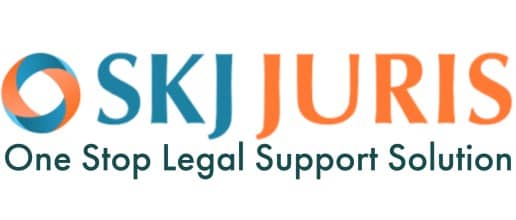In recent years, there has been an ever-increasing need or demand for e-discovery that reaches beyond just a single jurisdiction and is, instead, truly global. In the past, document review companies were often able to address a matter by simply conducting data preservation, collection, processing, review and production in one location or country. Today it is quite commonplace that document review companies span multiple countries or often multiple continents. The geographical unfurl of e-discovery has mandated global coordination and equilibrium with respect to not only technologies rather the overall processes. The inter-continental nature of eDiscovery increases its complexity for many reasons. Companies must now be much more cognizant about variations in legal requirements, data privacy nuances, state secret issues, language and cultural differences.
The rapid rise in international litigation and investigations directs towards more and more eDiscovery projects which now include foreign language data. Collection of documents that takes place in the US, also fetches foreign language documents included in the mix of potentially responsive data. Multilingual documents add a stratum of complexity to document review projects, and when not properly handled can fire up the costs substantially.
The unforeseen presence of foreign language documents in document review services given the vast geographical spread, is an impediment since most e-discovery and document review service providers are unequipped to handle foreign language data, and those that barely have the linguistic expertise and translation tools to process, review, and translate the relevant documents into English in an efficacious and budget-friendly way. Reliance on multilingual attorneys to review all the foreign language documents can be prohibitively expensive; obtaining word-for-word translations of all the documents is more expensive still.
The handling of such documents shall include integration of professional language services into the document review workflow, by partnering with companies that offers legal translation services as well as eDiscovery support. Professional translators working in tandem with the document review services team can help identify, process, and review foreign language documents, and reduce the document collection so that only relevant and responsive documents are translated. Ensuring that documents are precisely identified by language and that keyword searches are performed efficiently.
Another proposed facet is of replacing human translators and foreign language proficient attorneys by machine translation which can be useful for separating important documents from unimportant ones. Although, it can be a never-ending debate that the higher cost dual language attorneys can review a smaller number of documents by needing to look only at a small subset of the documents, which are identified as “likely to be important” by looking at machine translated English language copies first. But this approach comes with its own set of risks. The risks of culling documents with machine translation lie in documents whose significance would be lost when viewed only in English.
Considering the advancements with the use of intricate networks and other aspects of developed technology and by not negating the machine translation in totality the point is to emphasize that there are inherent limitations and these limitations can have severe impact on the development of factual understanding on cases where accuracy and precision really matters. Reviewing is the point where most litigation involving multi- languages takes place, where context and noise is significant therefore necessitating careful human-experts to steward this process.
Concluding that the best approach to multilingual document review is a proactive one; i.e. instead of waiting for the document review process to take its course and then dealing with foreign language documents, partnership at an early stage to remove the language barrier by service provider owning both e-discovery expertise as well as translation expertise. This shall aid in reducing the count of documents that result in the end product for translation, and also help avoid numerous hindrances that an adventitious language could bring along the way.

